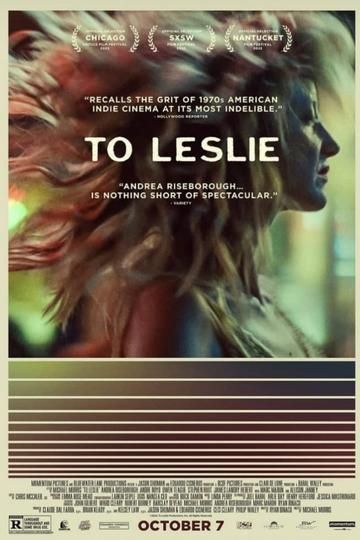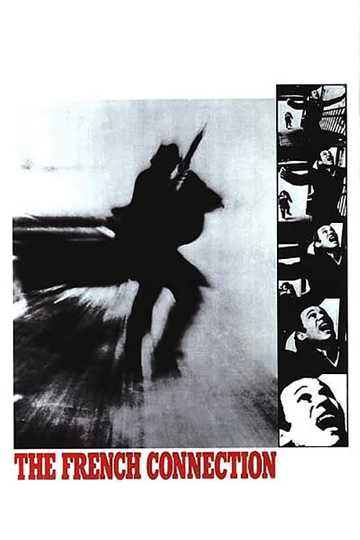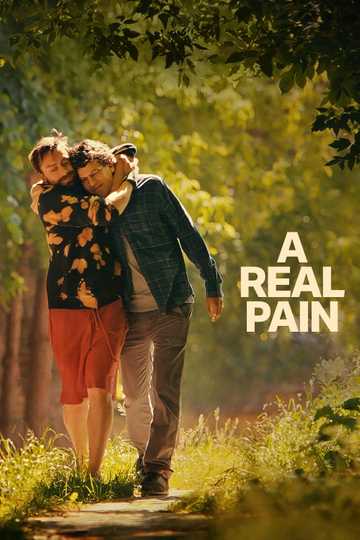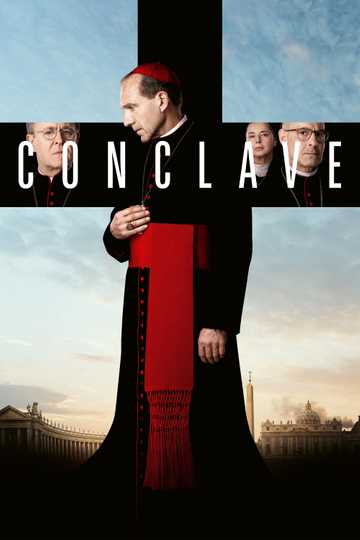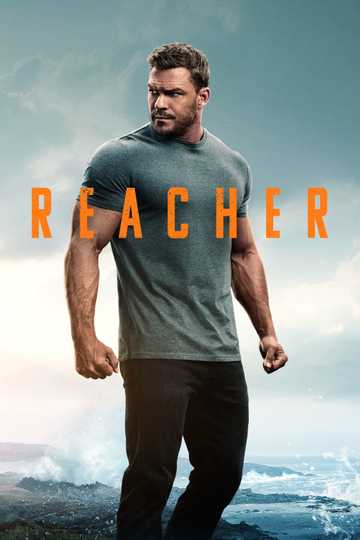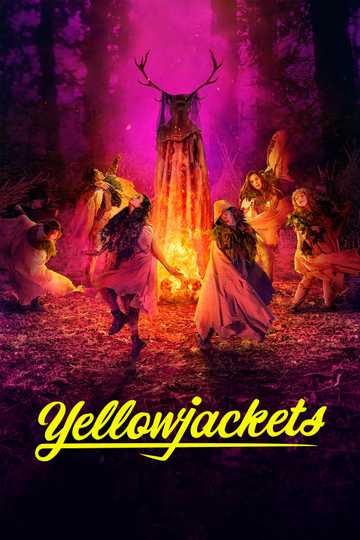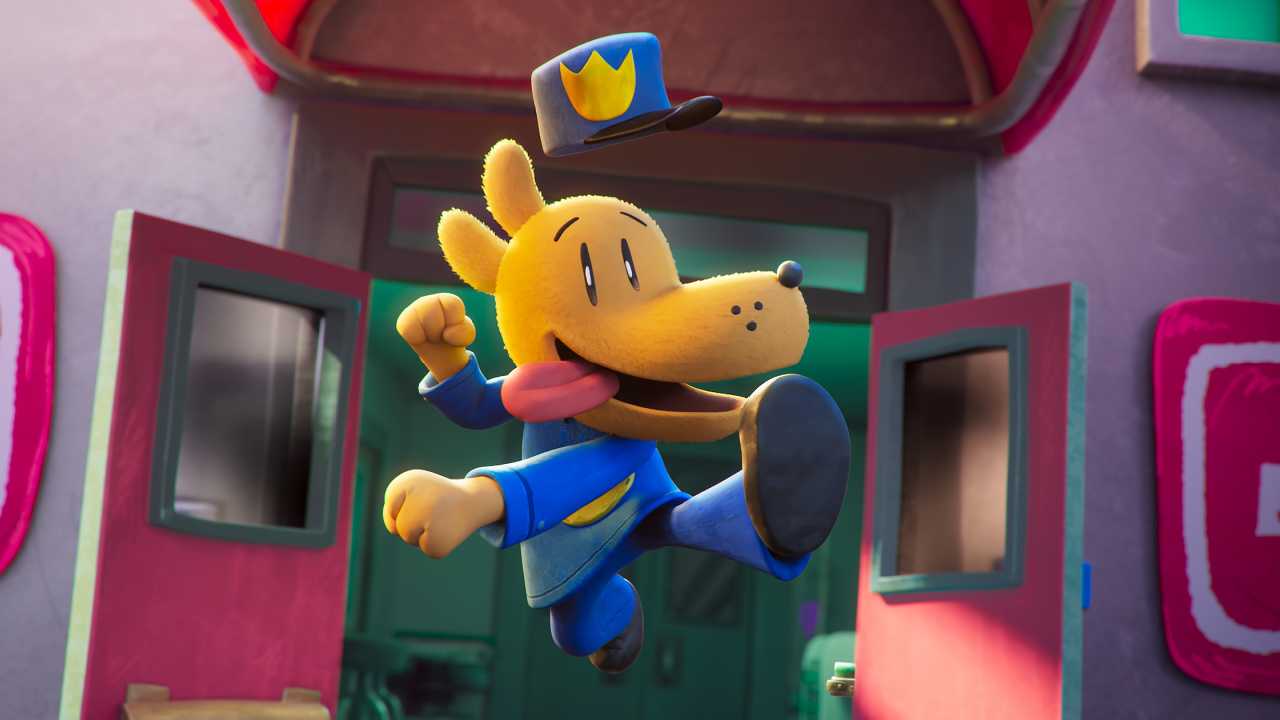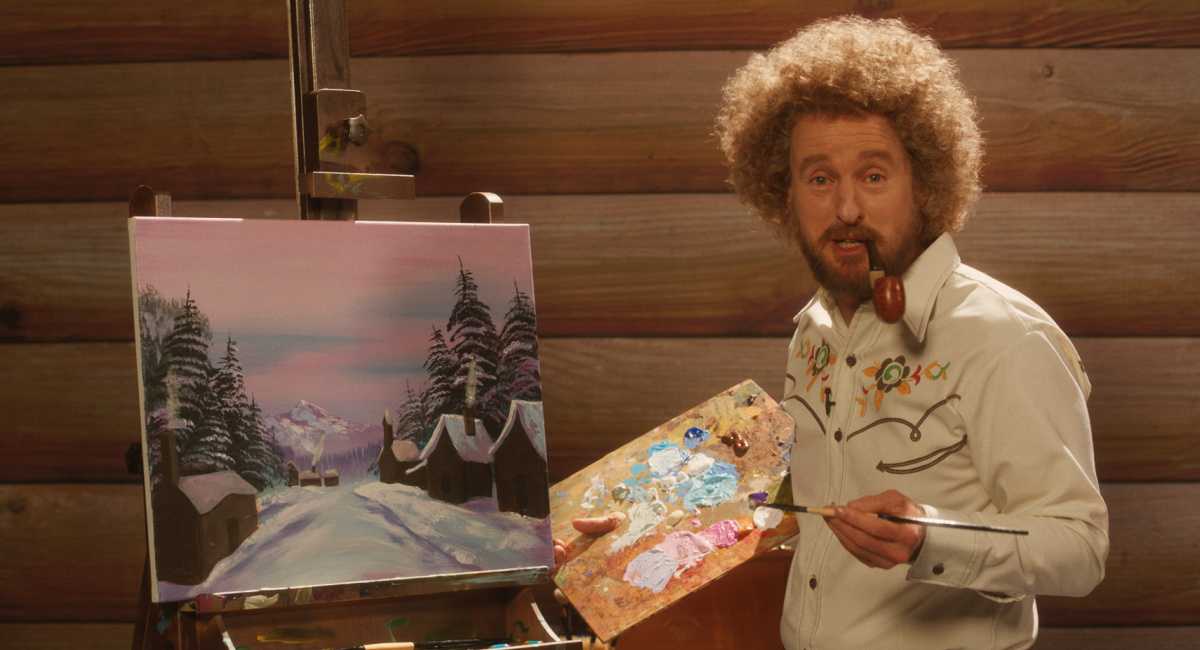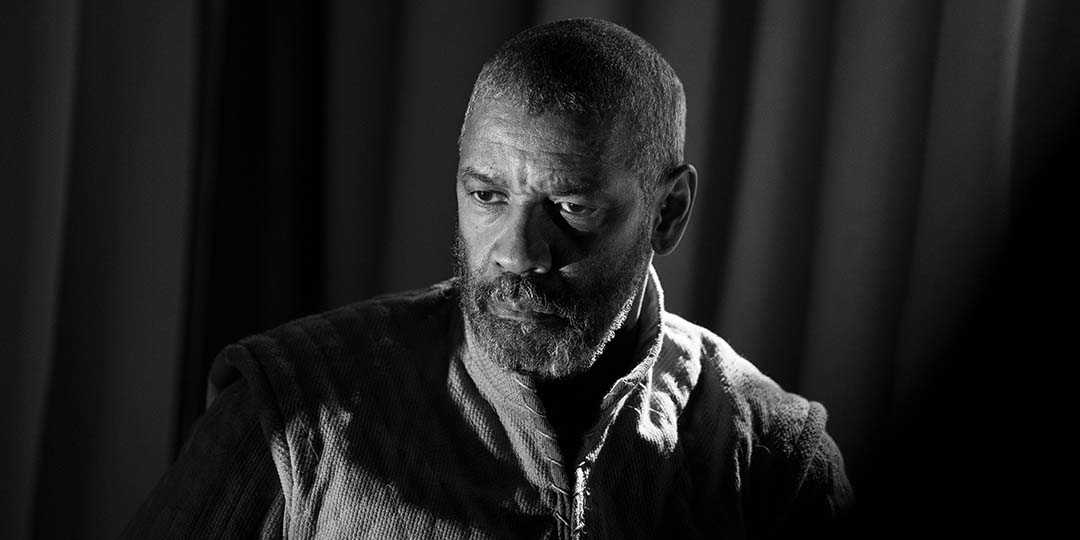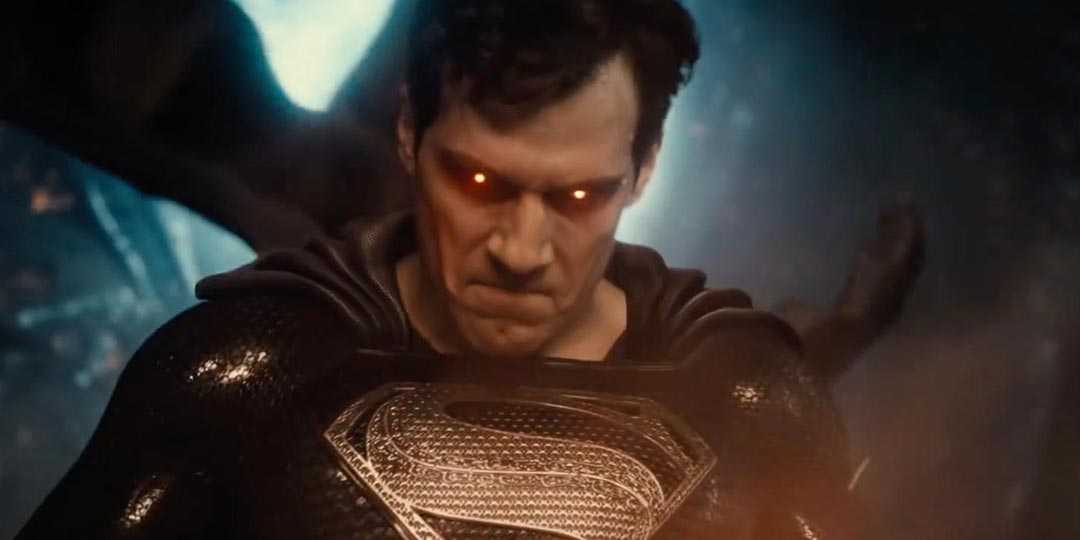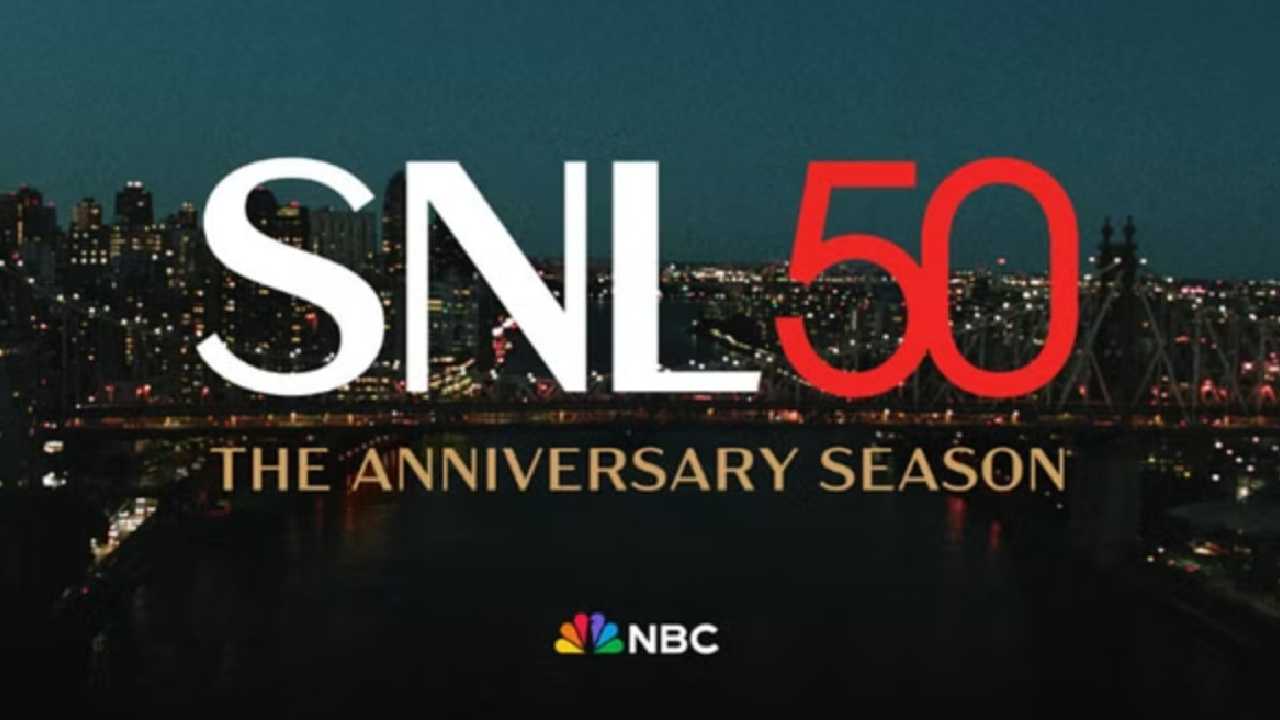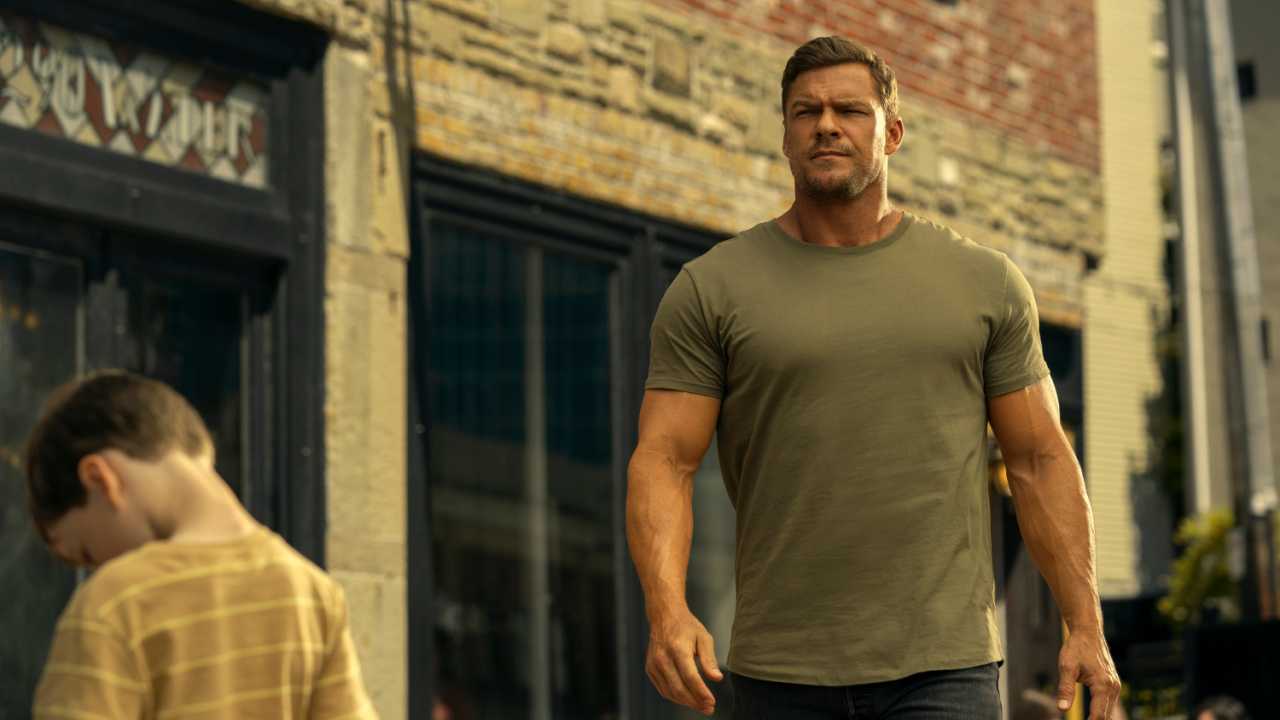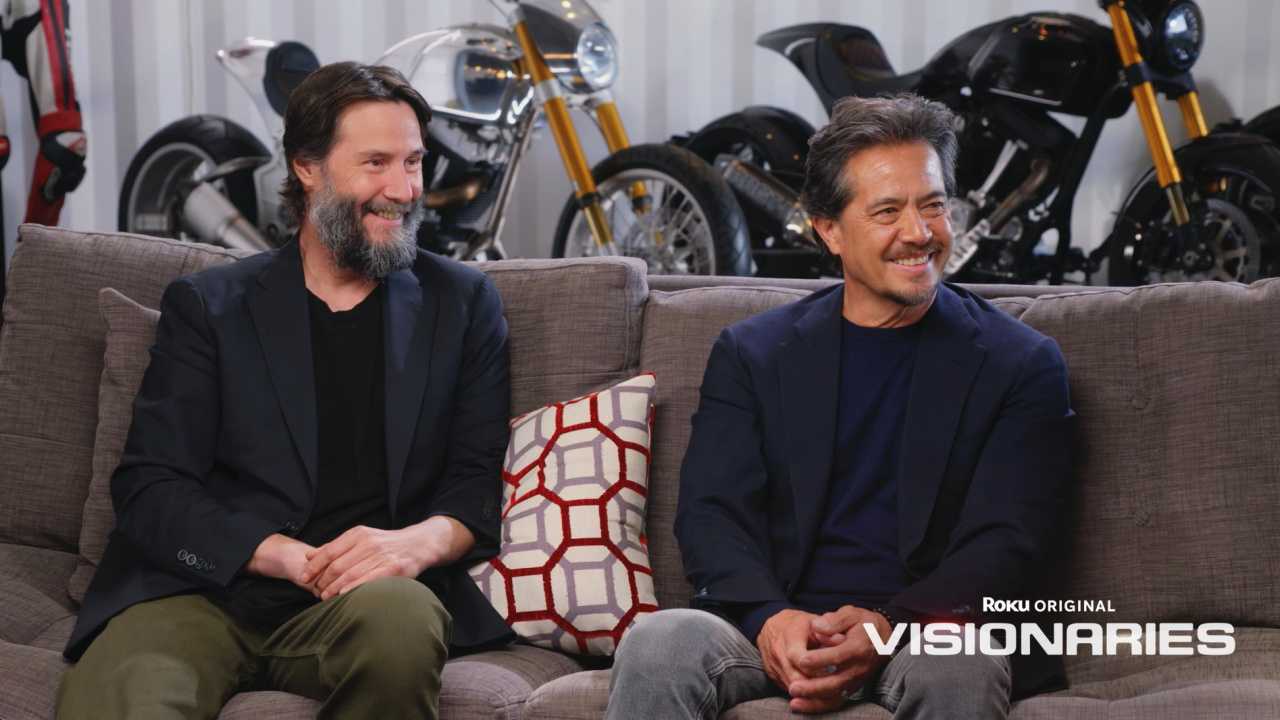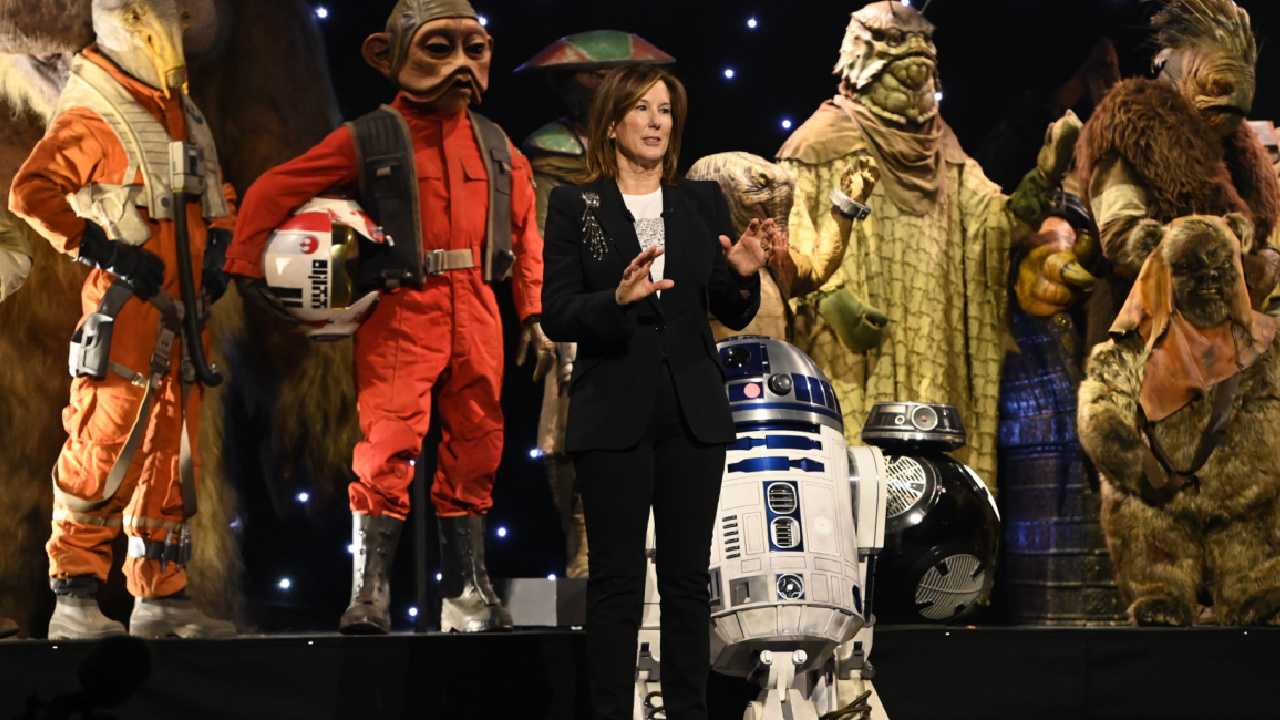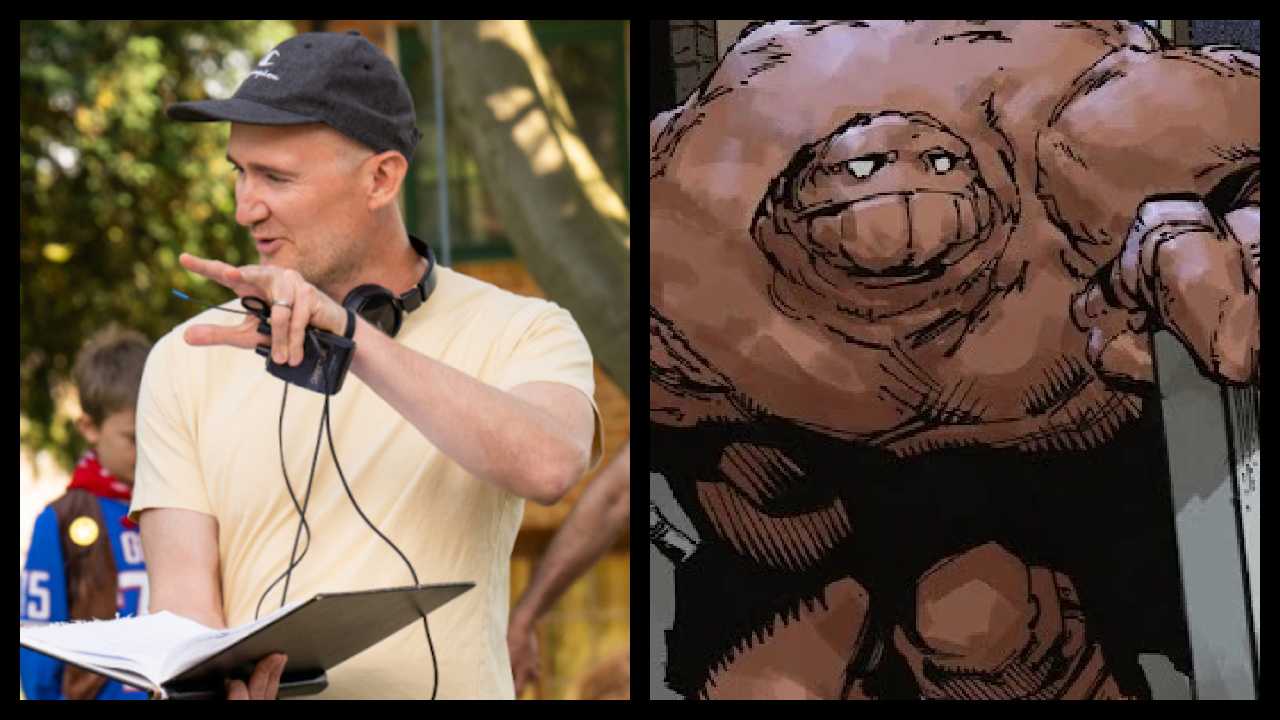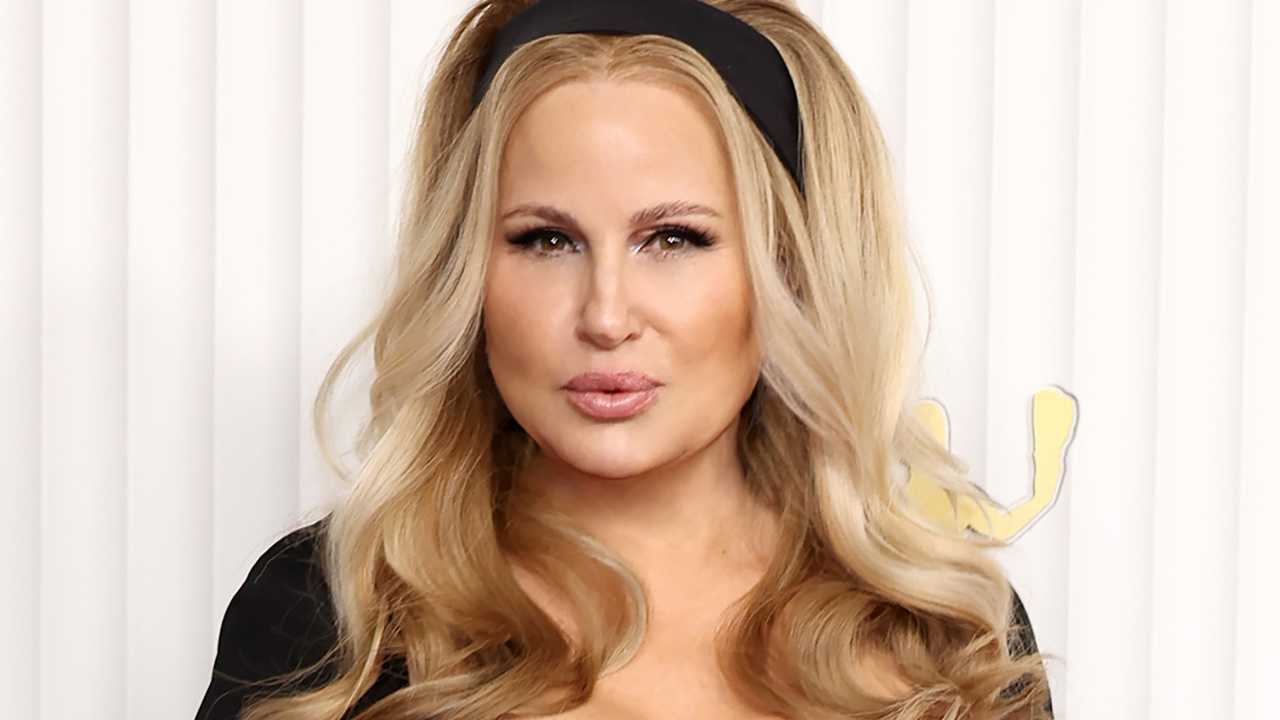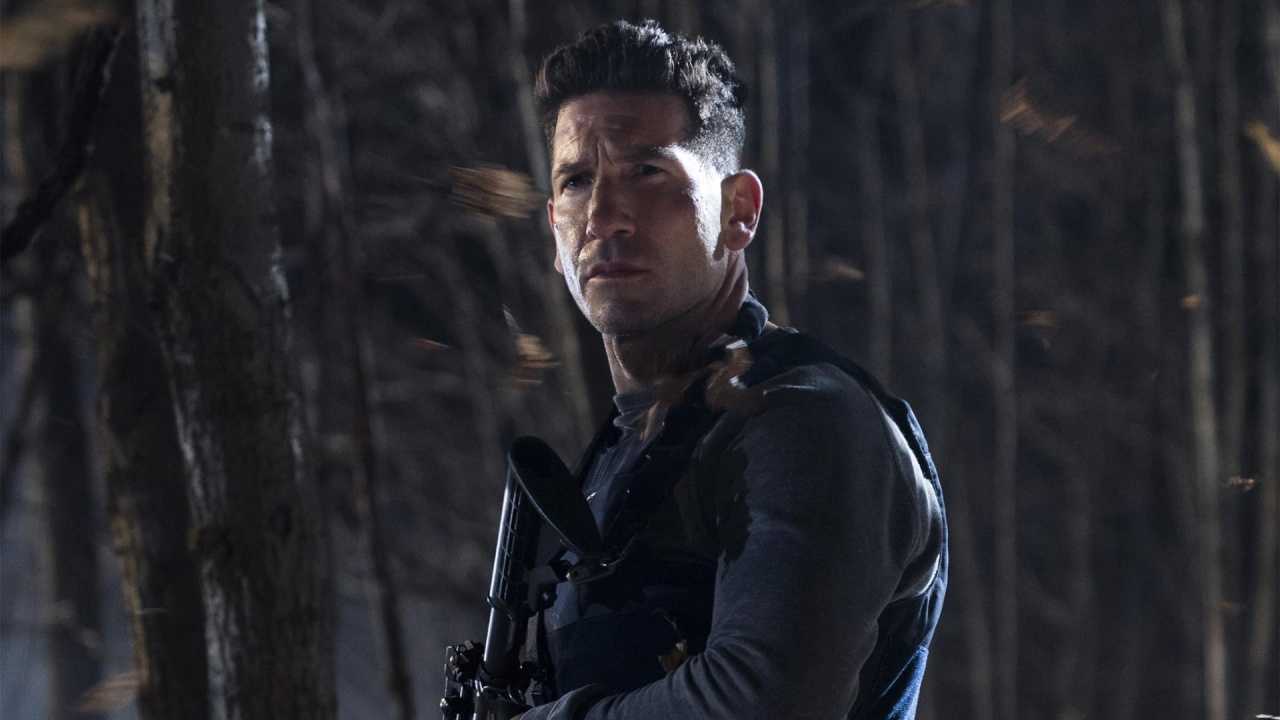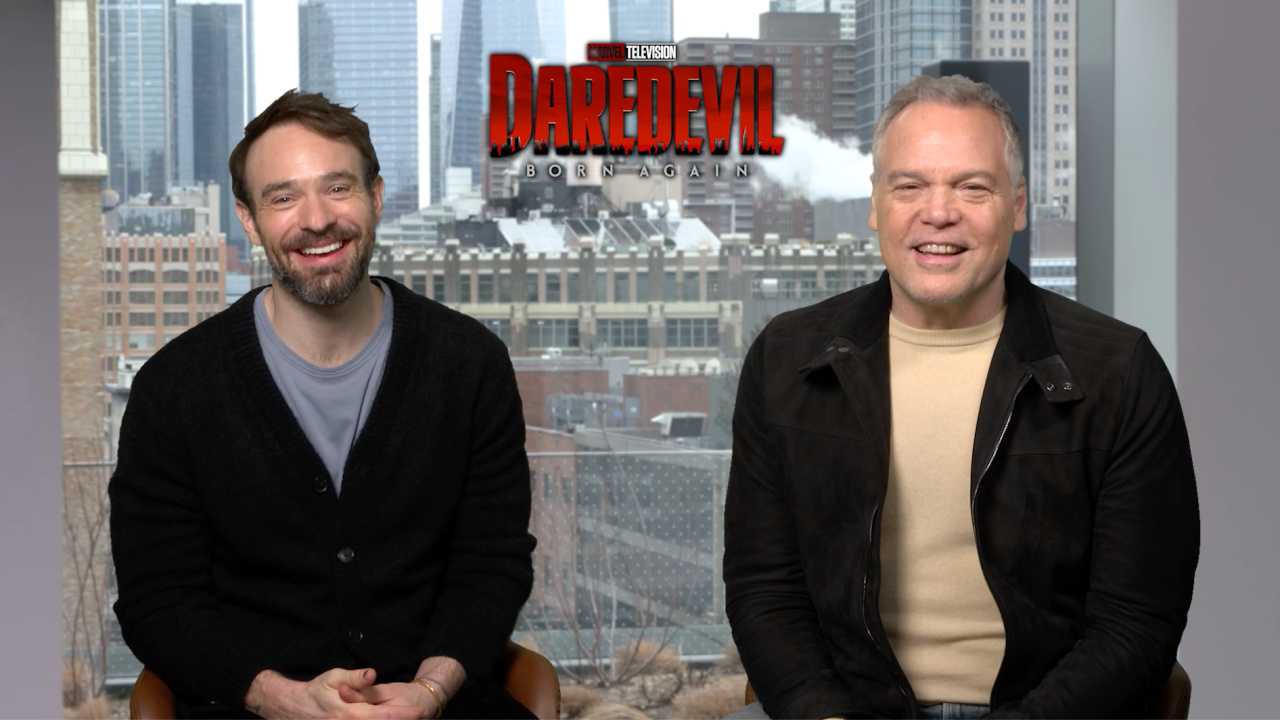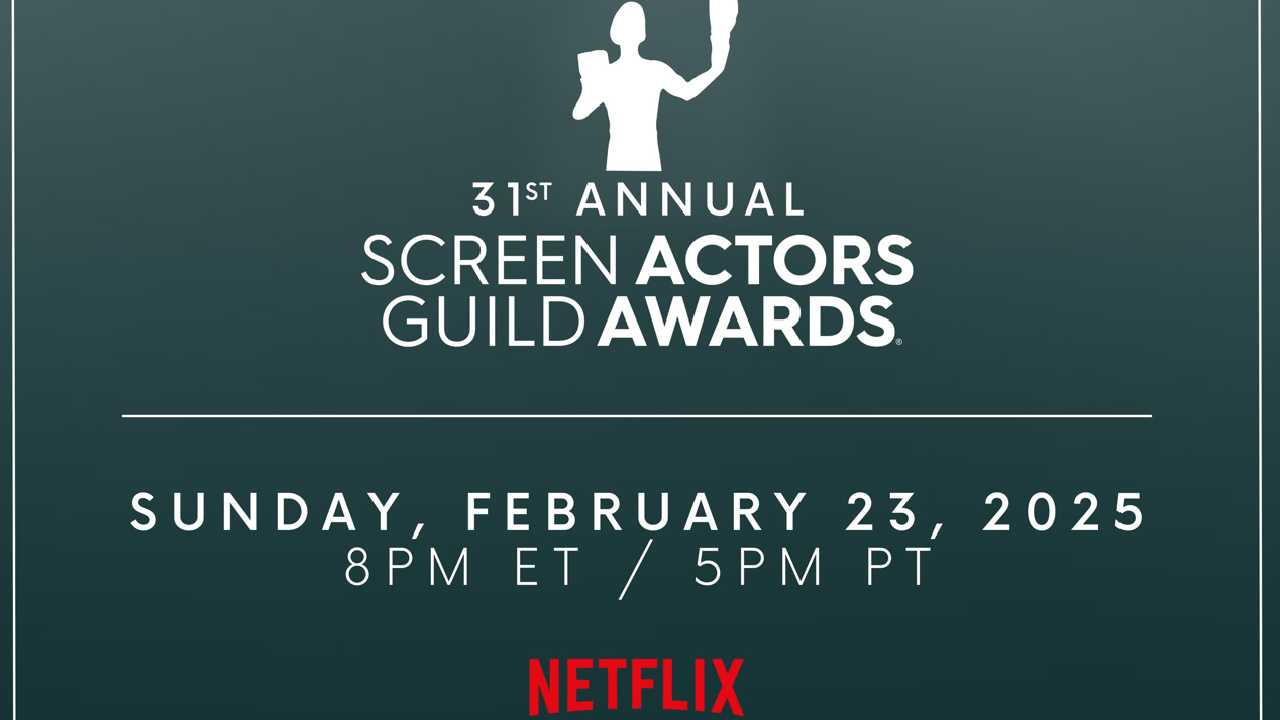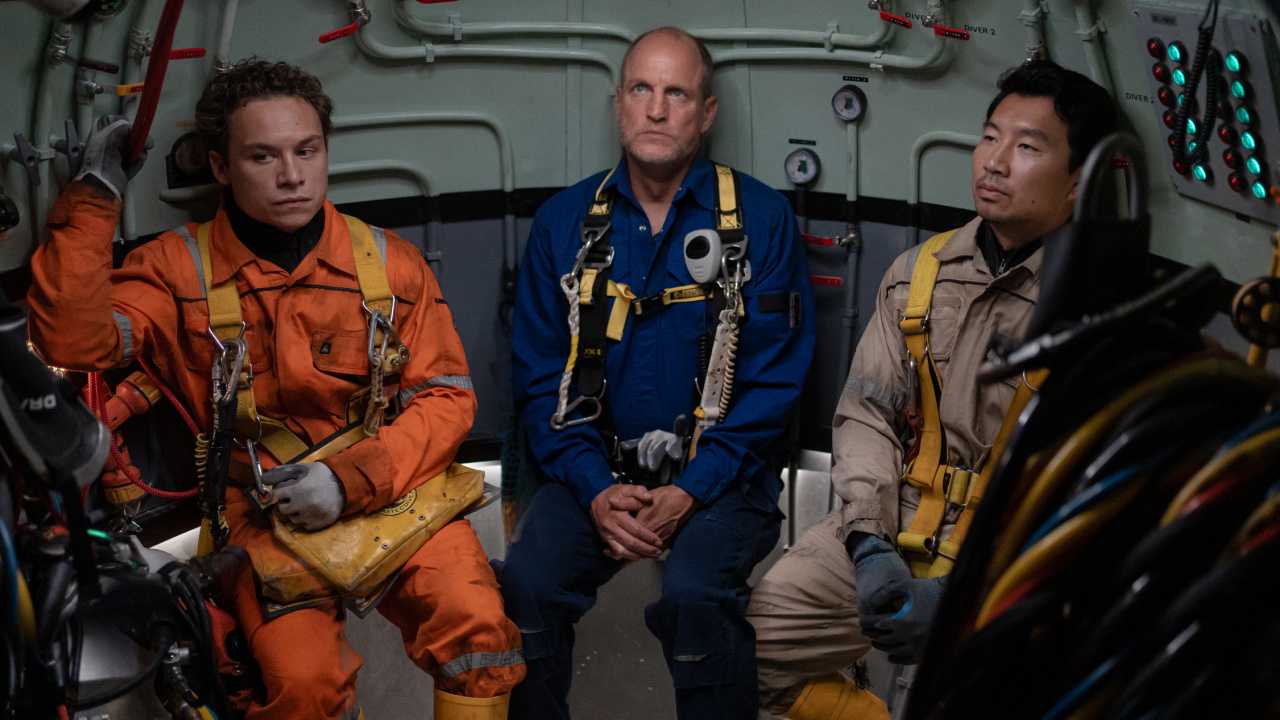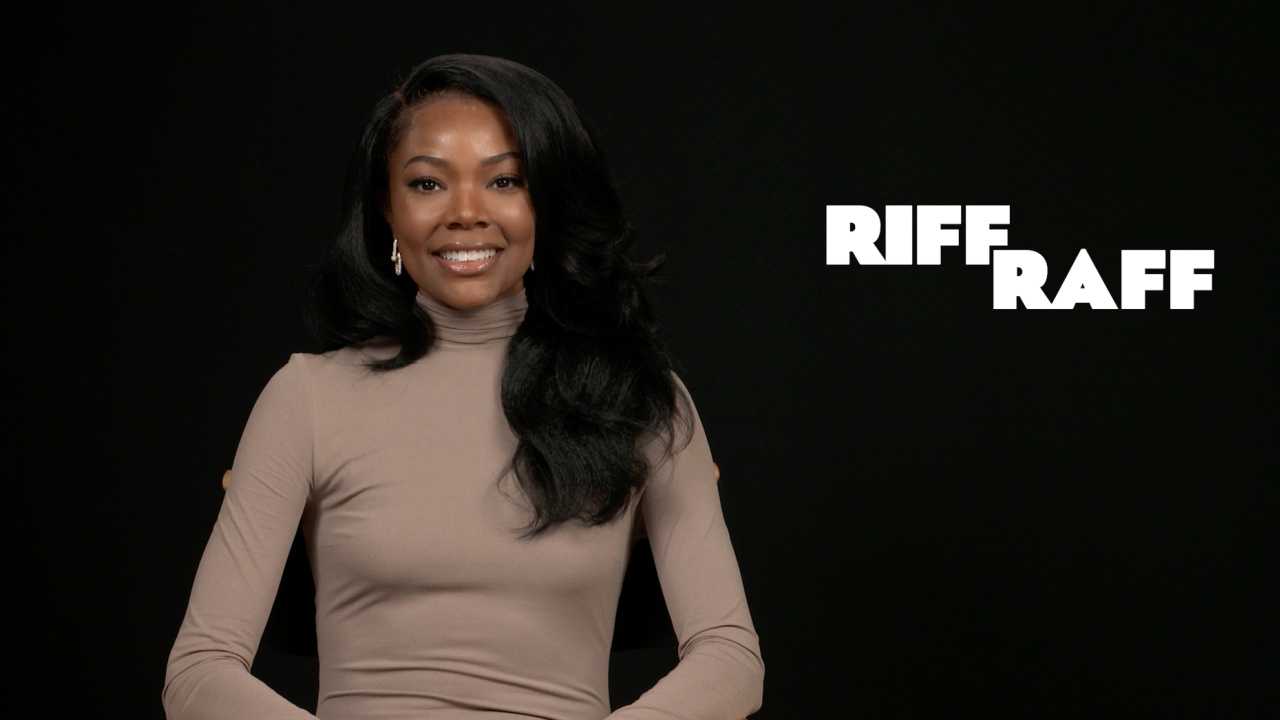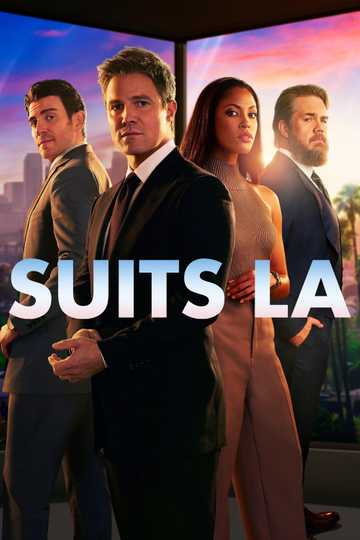Marc Maron Talks 'To Leslie' and What He's Learned from Hosting 'WTF'
Moviefone speaks with Marc Maron about 'To Leslie' and 'WTF.' "I definitely apply a lot of what I talk to these guys about to what I'm doing," he said.
Opening in theaters and on VOD October 7th is the new drama ‘To Leslie,’ which marks the feature film debut for accomplished TV director Michael Morris (‘House of Cards,’ ‘Better Call Saul’).
The new movie stars Andrea Riseborough (‘Birdman,’ ‘Amsterdam’) as Leslie, a woman who wins the lottery, spends the money fast, and ends up an alcoholic trying to rebuild her relationship with her son, James (Owen Teague).
Leslie’s journey leads her back to her hometown where she is an outcast among her former friends and family. She soon meets Sweeney (Marc Maron), a manager at a local motel who takes mercy on Leslie, giving her a job, a place to live, and the possibility of a new life.
In addition to Riseborough, Teague and Maron, the cast also includes Andre Royo (‘The Wire’), Stephen Root (‘Office Space’), and Academy Award-winner Allison Janney (‘I, Tonya’).
Marc Maron began his career as a stand-up comedian appearing on late night shows like ‘Late Show with David Letterman’ and ‘Late Night with Conan O'Brien.’ As an actor he starred in the IFC series ‘Maron’ and on Netflix’s ‘GLOW,’ as well as appearing in such popular films as ‘Almost Famous,’ ‘Joker,’ ‘Respect,’ ‘The Bad Guys,’ and ‘DC League of Super-Pets.’
But Maron is probably best known for his seminal podcast series ‘WTF with Marc Maron,’ where he interviews legendary guests including Bruce Springsteen, Keith Richards, David Letterman, Eddie Murphy, Norm Macdonald, Lorne Michaels, and President Barack Obama.
Moviefone recently had the pleasure of speaking to Marc Maron about ‘To Leslie,’ how he got involved in the project, his character, why he helps Leslie, working with Andrea Riseborough, Andre Royo and director Michael Morris, and what he’s learned about acting from the interviews he’s conducted with actors and filmmakers on ‘WTF.’
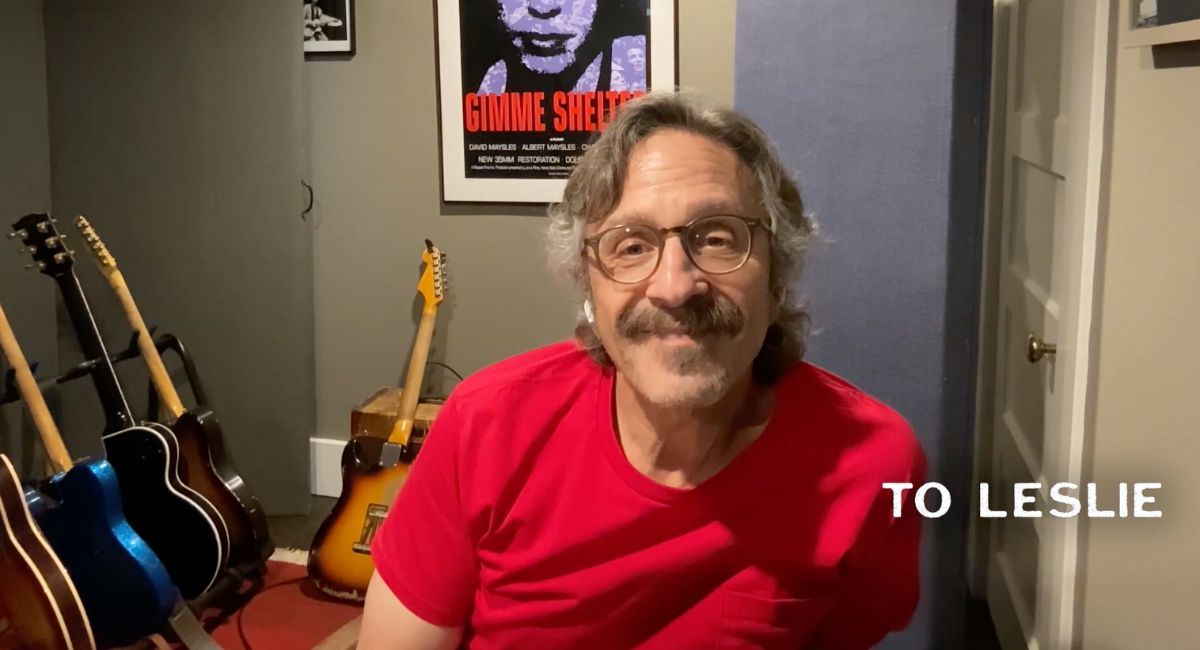
Marc Maron stars in 'To Leslie,' which opens in theaters and on VOD October 7th.
You can read the full interview below or click on the video player above to watch our exclusive interview with Marc Maron.
Moviefone: To begin with, how did you get involved with this project and what was your first reaction to the screenplay and the themes it explores?
Marc Maron: Well, it was the middle of COVID. I was a very sad man, lonely, and in a certain amount of grief because of things that happened in my life over COVID. This script came through and I liked the script, but I just didn't see why me. It seems like there was a lot of other actors that could have done this, and I was told that the director really wanted me. I'm like, "I don't get it. How many people turned this down? Why me?"
The guy's a Texan. He's not angry really. He's not neurotic. Usually, I get typecast a lot. I was told that the director really wants me, but I was like, I'm not going to do it. Then, all of a sudden, Chelsea Handler starts texting me, "Look, my friend Michael really wants you to do his movie," and you can't really say no to Chelsea Handler.
So, I'm like, "All right. Well, I'll talk to him." Michael told me that he wanted me specifically because he liked ‘Maron.’ He thought there was a quality, whether I understood it or not, that he wanted for the movie. I believed him and his belief in me was enough to get me to realize that if I want to continue as an actor, if it's something I want to do other than the other things I do, I need to take risks. This guy really wasn't me and I had to do a mild accent. I had to do work in terms of applying whatever little craft I have of acting to this thing and I just stepped up and did it.
I just think Michael realized that I couldn't help but be myself in a lot of ways in terms of emotionally, and in terms of being present and whatever else would happen, that I would bring that to it. He wanted that to create some realness in this world and I think I did that.
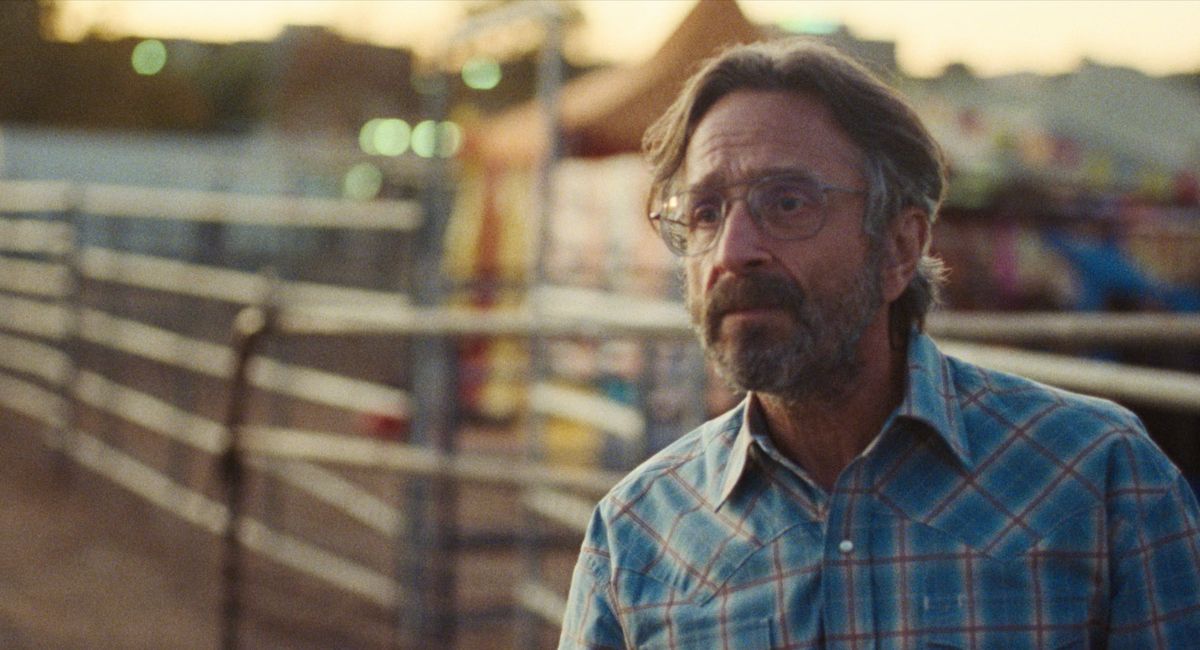
Marc Maron as Sweeney in director Michael Morris' 'To Leslie.'
MF: Could you relate to Sweeney and his situation, and what were some of the aspects of the character you were excited to explore on screen?
MM: Well, I didn't know. I can't look ahead that much to go, “What am I going to explore on screen?” I'm working with one of the greatest actresses working now of her generation certainly and I wasn't that intimidated. I don't know why because I can only do what I'm going to do, and I know that all of it is going to be about staying present and acting in that moment with her.
I felt good about Sweeney. I think Sweeney had been through enough stuff in his own life, and he'd kind of been beaten down a bit and ended up wherever the hell he was, to manage a little hotel like that in the middle of nowhere. He was paying some sort of self-induced penance to kind of regroup. I think that working with somebody or making yourself emotionally available to somebody who is trouble, in hopes that what you know will help them, is tricky.
But I think it was a karmic debt that he needed to pay in his own mind, and I don't think he really signed up to get as emotionally involved as he did with her. But I think exploring those moments where that relationship is, right away he's stunned by her. But as it grows deeper for both of them, it's kind of interesting. So, I think it’s about exploring empathy and taking emotional chances but also protecting yourself simultaneously. There's a lot of risk in that movie emotionally and that was exciting.
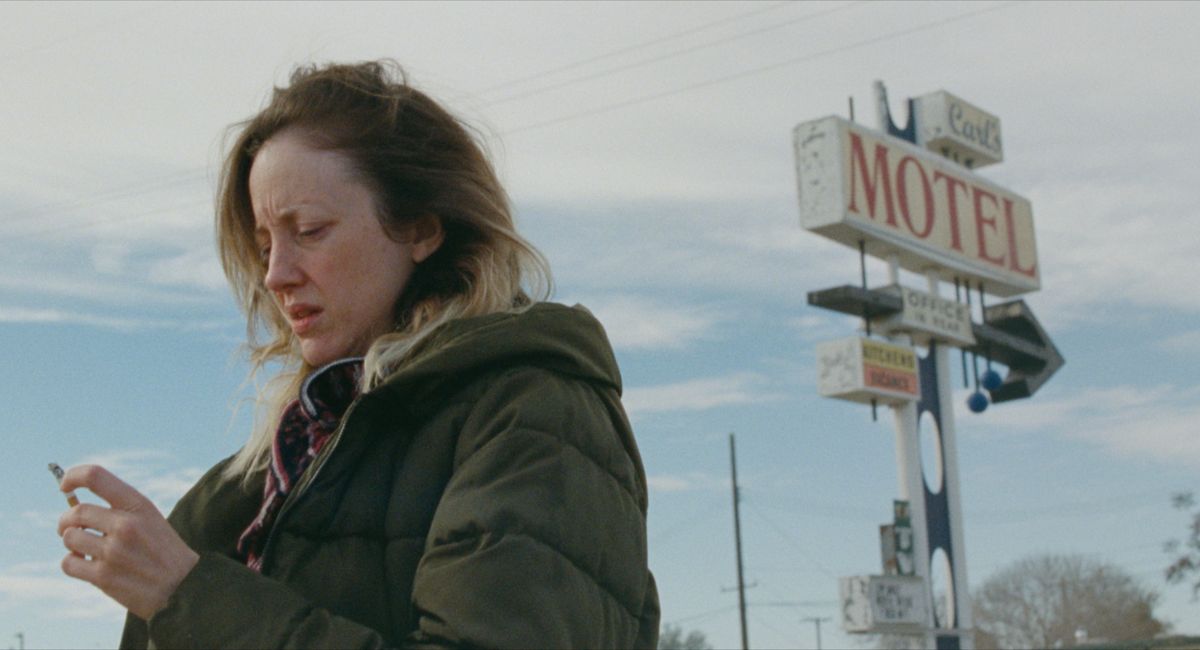
Andrea Riseborough as Leslie in director Michael Morris' 'To Leslie.'
MF: In your opinion, what does Sweeney see in Leslie that the rest of the community does not, and why does he decide to help her?
MM: Well, I think that's the key, that he doesn't know any of her history. Andre Royo's character knows it, but I don't know the full story and I don't get that till later. I think my experience of her emotionally as Sweeney was that she's got a lot of spunk, she's got a lot of will to live and she's a character. So right from the get-go, I think he's kind of jolted by just her basic being. It's pretty endearing where you can see her even at her worst, not when it's sad but when she's trying to pretend like she's got her act together, it's pretty endearing somehow.
MF: What was your experience like working with Andrea Riseborough?
MM: Well, I mean she was doing her work and I was letting her. I understood her character. So, we would run lines. She was kind of dug into that character and doing whatever work she needed to do, and I sort of gave her all the space to do that. But we would run the lines and I would do whatever she wanted me to do to help her out. Sometimes she just wanted to stay in the thing, stay in the hotel room and just go for it. We didn't have a lot of takes. We shot on film.
So, working with her was just watching how she approached the character and just watching her stay in it. There were some pretty amazing moments. When they were doing her coverage and I was just doing my lines, you're watching something kind of amazing. I was able to appreciate that anyway.
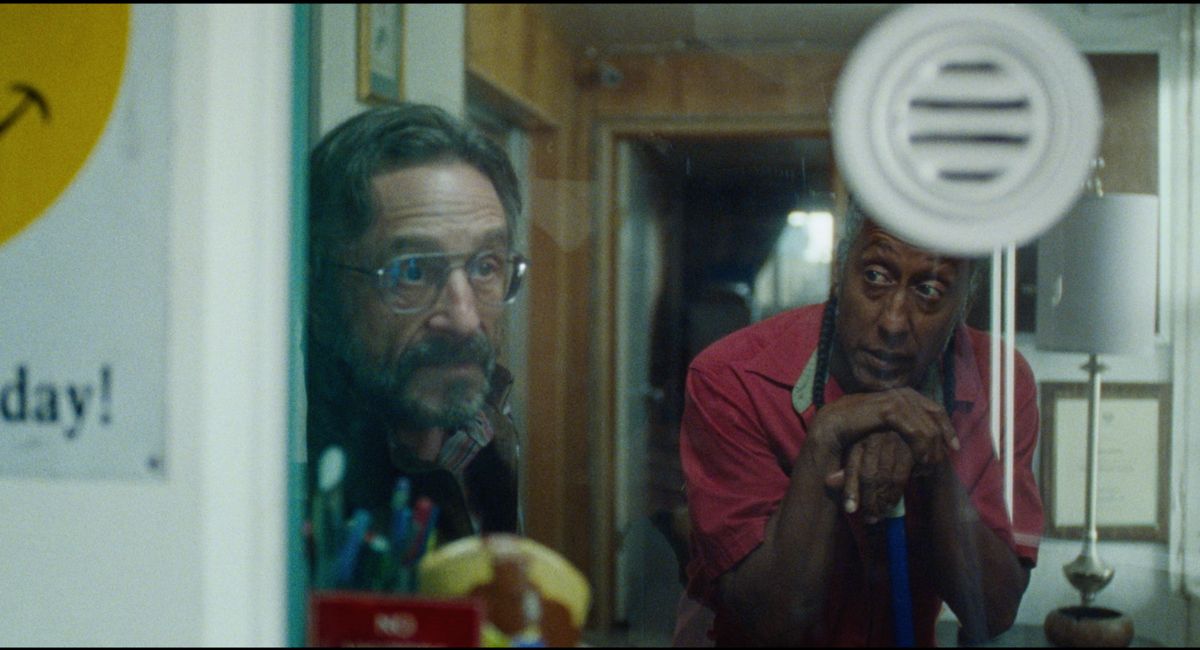
(L to R) Marc Maron as Sweeney, and Andre Royo as Royal in director Michael Morris' 'To Leslie.'
MF: Can you also talk about Sweeney’s friendship with Royal, and working with Andre Royo?
MM: Andre's great and it was different than working with Andrea. He and I were joking around and talking a lot in between takes, and he had made the kind of choices he was going to make. I was just there to let him be him and take care of the business of what needed to be done. But it was just fun. It's just fun working with him because he's surprising. You never know what he is going to do.
MF: Finally, you’ve had the incredible opportunity with your podcast, ‘WTF with Marc Maron,’ to interview some of the greatest actors and filmmakers of all time. What have you learned about acting and filmmaking from those conversations that you’ve been able to apply to your own work as an actor?
MM: Well, as I act more, I definitely talk to actors about acting and talking to people like Paul Dano, Martin Landau, and Sam Rockwell, and people who are willing to talk about craft. People I've engaged around acting, which is a lot of them, you start to realize that everyone's going to put together whatever they're going to put together to achieve what they're going to achieve.
There's no one way to do it and the component that seems to be very important is to be present and to listen. Everything else you're going to have to cobble that stuff together however you're going to do it. You know what I mean?
Some people have trained for years. Some people do classes, or whatever. Paul Dano said he did some animal work. But showing up for the moment is really the trick that you hear from directors and from actors. So yeah, I definitely apply a lot of what I talk to these guys about to what I'm doing. That's my masterclass, talking to these guys.
MF: Is there one conversation in particular that stands out to you, where you learned something that you often apply to your own work?
MM: No, but I know from talking to movie stars that there is a component to it that is genetic and that there is something that happens. There is something about great actors. A lot of them work very hard but when you see them all as people, they're just people and there is sort of a gift to it and they've relaxed into it.
Maybe Jeff Daniels, and I don't know that I've applied exactly what he said, but he was talking about movie acting and he's like, "You've got to learn how to work with your face because it's all about face." So, I kind of keep that in mind, but I don't know that I've applied it completely. But it's an amazing thing how much a movie camera is on your face. I remember talking to him and I think about that a lot.
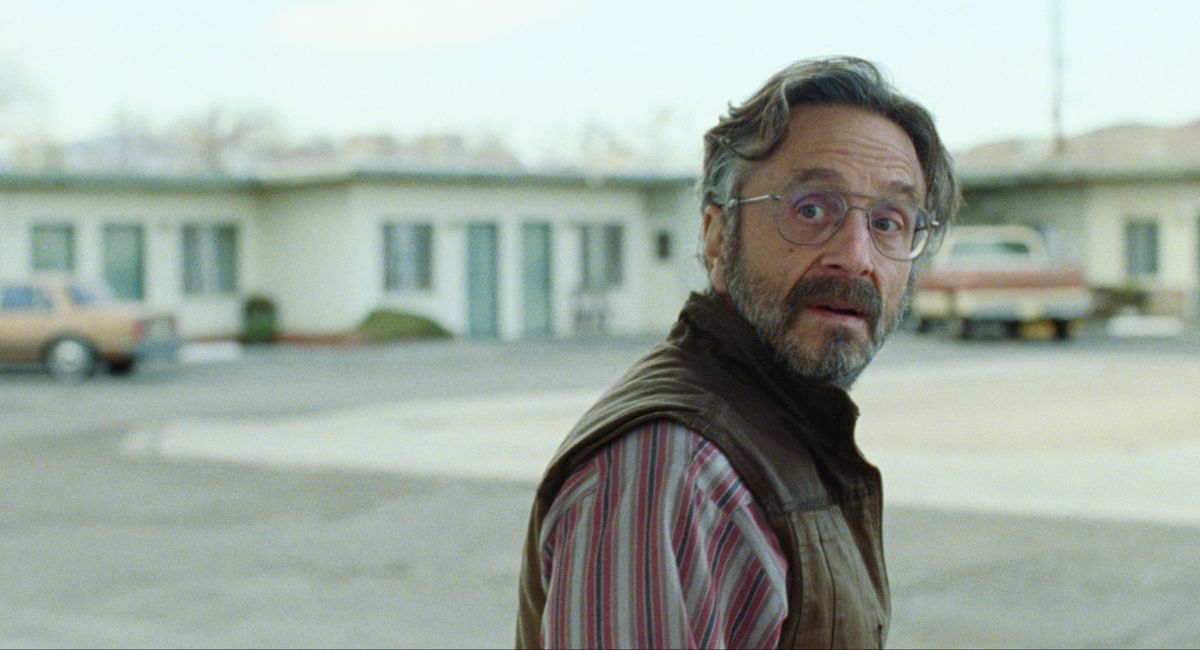
Marc Maron as Sweeney in director Michael Morris' 'To Leslie.'
